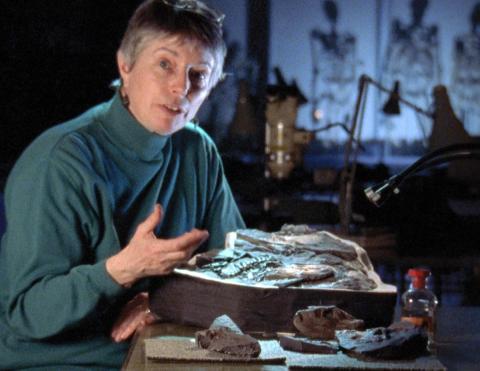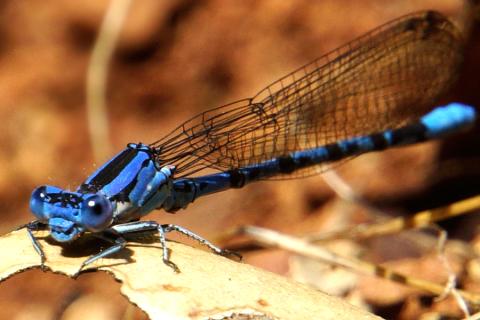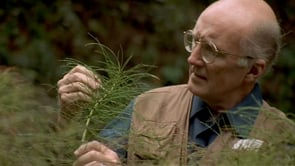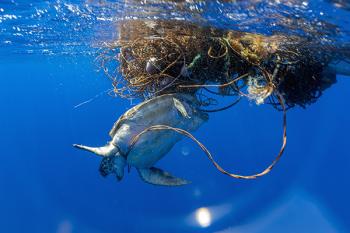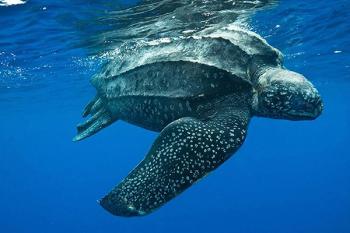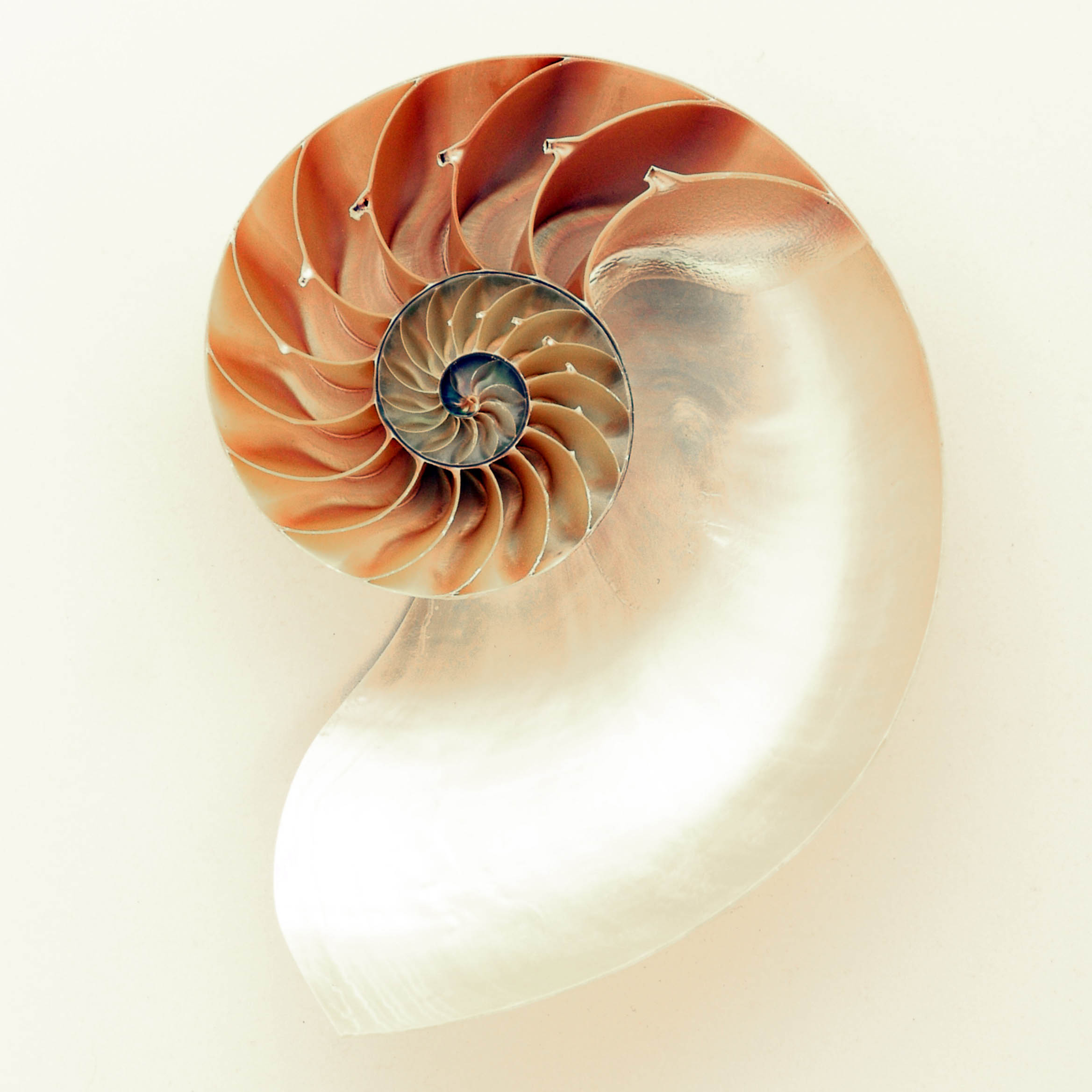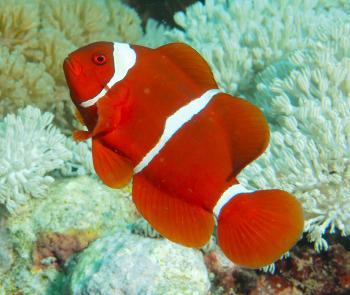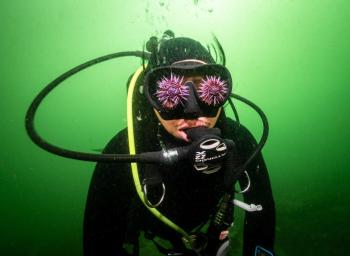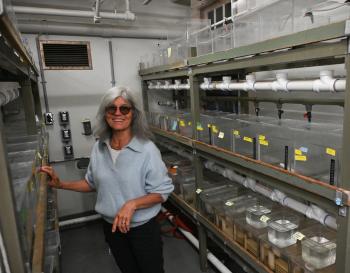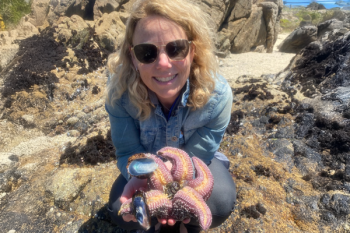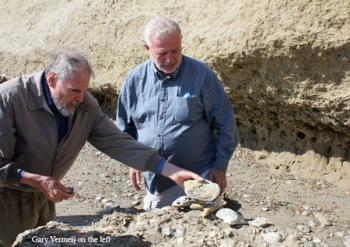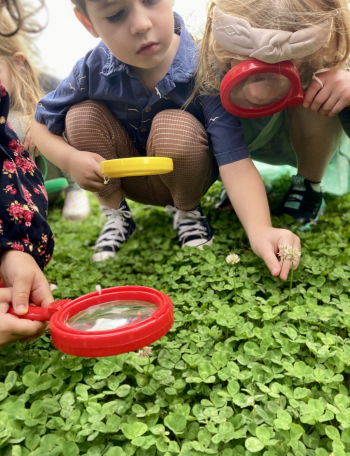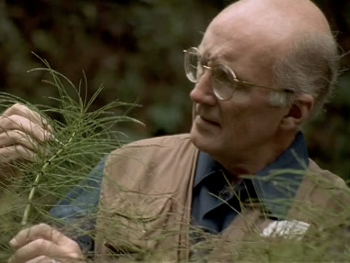
Life's transition from the sea to the land was perhaps as much of an evolutionary challenge as Genesis. What forms of life were able to make such a drastic change in lifestyle? -- Jane Gray and William Shear
Bill Shear, a biologist at Hampden-Sydney College in Virginia, has always had a keen interest in the evolution of insects and spiders. He and his colleagues helped to reveal some of the earliest tiny land arthropods hidden among primitive land plant fossils. To get a clearer look at these fossils, Shear used hydrofluoric acid to dissolve away the surrounding rock and expose the organic fragments of both the fossilized plants and minute animals.
After extracting the microfossils from the rock, Shear painstakingly pieced together the exposed fragments revealing a whole suite of arthropods, including one similar to a modern spider. "I can remember seeing some of the really striking fossils for the first time," he recalls. "I got a feeling of excitement that's probably very similar to scoring the big touchdown at the homecoming game. You just feel on top of the world, and it makes it worth all of the tedious searching and work that leads up to that." Shear's work is consistent with what other scientists have found—arthropods did not move from sea to land in one invasion. Instead, many different groups invaded the land independently.
About Bill Shear’s Career
William A. Shear, Ph.D., is a biologist and the Trinkle Distinguished Professor of Biology at Hampden-Sydney College in central Virginia. He received his Ph.D. in entomology from Harvard University in 1991. Shear’s areas of expertise include entomology, invertebrate zoology, evolutionary theory and the history of earth and life. He has published many papers on new species of millipedes and harvestmen from around the world.
Shear is a member of the American Arachnological Society, the Cambridge Entomological Club and the Paleontological Society, among other affiliations. He is a Research Associate at the Virginia Museum of Natural History and the American Museum of Natural History. Shear has authored many scholarly papers and articles, as well as the book Spiders: Webs, Behavior and Evolution.
